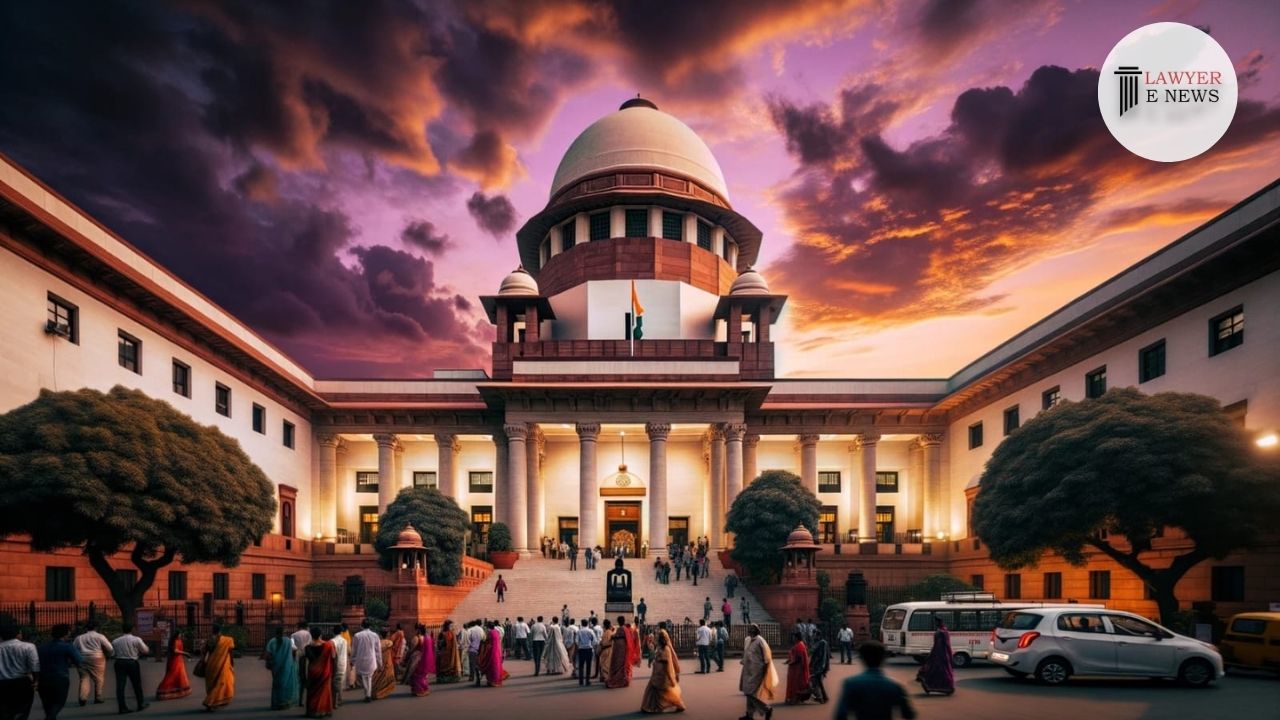-
by Admin
16 February 2026 1:47 PM



In a significant ruling, the Supreme Court of India, comprising Justices S. Ravindra Bhat and Krishna Murari, held that an execution court cannot go beyond the terms of a decree and alter its provisions. The judgment, titled Sanwarlal Agrawal & Ors. v. Ashok Kumar Kothari & Ors., emphasized the sanctity of a decree and the need for its strict adherence.
The dispute in question arose from an email agreement for the sale of shares between the appellants and respondents who had entered into a joint venture agreement for a multi-specialty hospital. The disagreement centered around whether the agreed amount included an outstanding loan. The respondents contended that the loan amount was part of the agreed consideration, while the appellants disputed this inclusion.
The respondents filed a suit for specific performance, and a decree was passed on admission. However, during execution proceedings, the executing court interpreted the decree to include the loan amount. This interpretation was affirmed by the High Court. The appellants challenged this decision before the Supreme Court.
Delivering the judgment, Justice Bhat stated, "Executing court erred in going behind the decree and expanding its scope by considering pleadings. The decree should be taken as it stands, and the court cannot alter or expand its terms." The court emphasized the importance of upholding the integrity of the decree and the parties' agreed-upon terms.
The court further highlighted that the joint venture agreement between the parties had a separate mechanism for settling outstanding loans. The inclusion of the loan amount in the decree was found to be an error by the executing court. Consequently, the Supreme Court allowed the appeal, setting aside the impugned judgment.
This landmark judgment reaffirms the principle that the terms of a decree should be strictly interpreted and executed as agreed upon by the parties. It provides clarity on the scope of an execution court's powers and ensures that the sanctity of a decree is upheld throughout the execution process.
Date of Decision: February 21, 2023
SANWARLAL AGRAWAL & ORS. VS ASHOK KUMAR KOTHARI & ORS.
